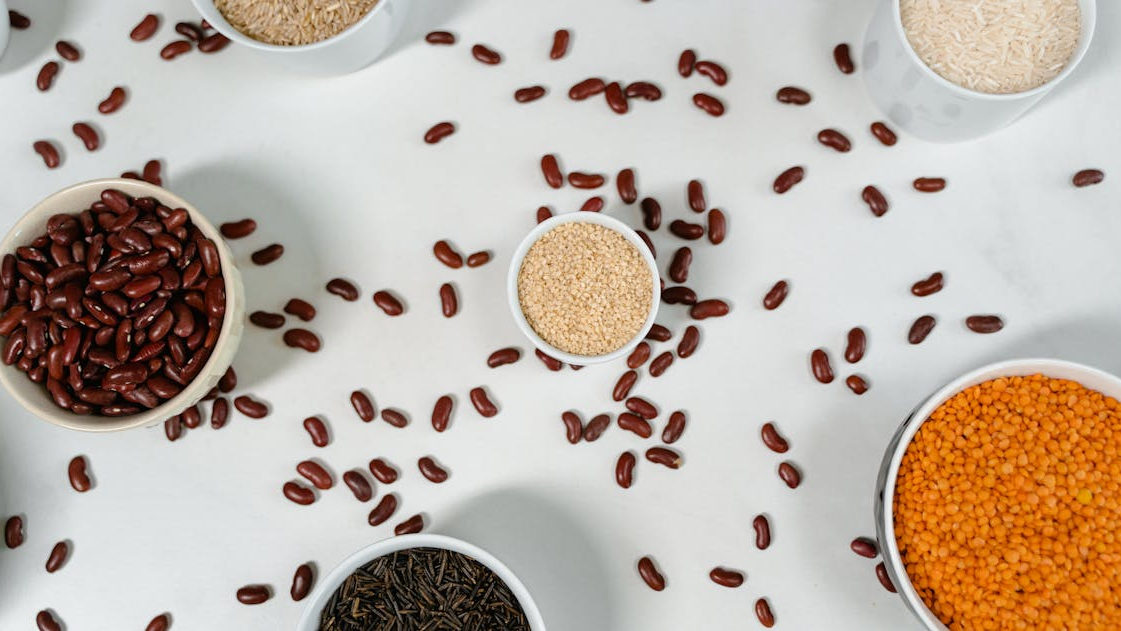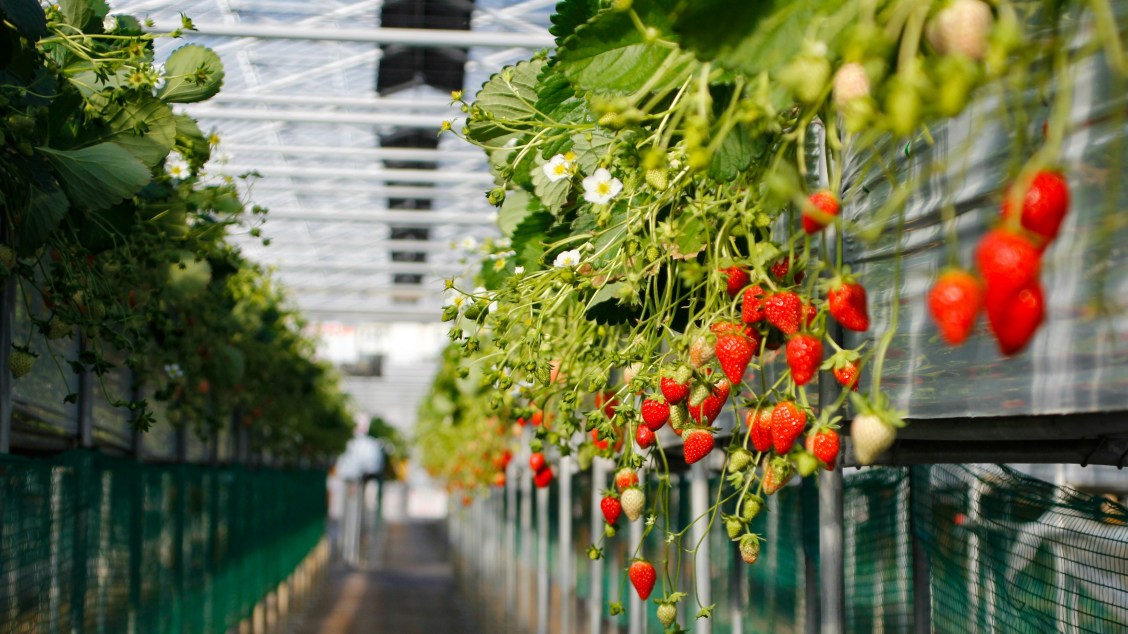
Walnuts Found to Improve Brain Function in Academics
We’ve already covered the health benefits of peanuts, the most consumed nut in the world. But how about walnuts, which follow closely behind?
A newly released clinical study has found that walnuts are ideal for counteracting the harmful effects of stress on those attending university.
All About Walnuts
Just like peanuts, they aren’t actually nuts. Specifically, they are scientifically classified as seeds of the Juglans tree family.
The walnut is the oldest tree food known to man. Notably, there’s evidence of it being grown as far back as 7000 BC.
So far, there are two hundred different types of walnuts we know of, but only two have become mass-produced: the Persian walnut, also known as the English walnut, and the black walnut.
Nowadays, commercial producers dry walnuts, making them crunchier, and giving them a more intense flavor.
The Health Benefits of Walnuts
Walnuts provide numerous different vitamins that are beneficial to human health. Furthermore, these are the properties that encouraged researchers to look into their potential impact on university students.
Copper
- Improves red blood cell production
- Increases bone strength
- Strengthens blood vessels
Magnesium
- Reduces risk of depression
- Decreases anxiety
- Lowers blood pressure
Vitamin B6
- Stabilizes brain development
- Protects nervous system
Vitamin B9
- Improves heart health
- Reduces risk of heart disease
Vitamin E
- Boosts immune system
- Ensures healthy eyes
- Keeps skin healthy
Zinc
- Reduces risk of disease
- Decreases inflammation
- Boosts immune system
Lastly, walnuts contain omega-3 and omega-6, two essential fatty acids known to be good for the brain, and part of the healthiest diet for you.
The Walnut Experiment
The six authors of the study, a group of PhD students, senior lecturers, and professors, set out to conduct the study, focusing on the walnut as a superfood.
In the experiment, they profiled 80 undergraduate students (75% female, 55% Asian, and 57% in part-time employment). Basically, half ate walnuts, and half did not. Then, the researchers asked them to report on their mental health at different intervals. In addition, they monitored metabolic biomarkers and sleep quality.
Impressive Results from Eating Walnuts
Amazingly, eating just half a cup of walnuts reduced stress and depression. In addition, the risk of metabolic syndrome, which increases heart disease, stroke, and diabetes, was significantly reduced.
Furthermore, sleep quality improved. For instance, it was easier for participants to get to sleep, and sleep through the night. As a result of this they felt more refreshed throughout the day.
Assoc Prof Larisa Bobrovskaya, one of the authors, concluded, ‘We have shown that consuming walnuts during stressful periods can […] fight some negative effects of academic stress.’
More Walnut Research Required
However, every study has its limitations, and more research is needed to discover the full extent of walnuts’ impact. Specifically, this includes how it effects different age groups, and sexes.
Bobrovskaya added, ‘Due to fewer numbers of males in the study, more research is needed to establish sex-dependent effects of walnuts and academic stress in university students.’
More MDPI Studies on Walnuts
Another study in MDPI Foods uncovers how using pulsed light could help improve the microbiological safety of walnuts without opening their shells. Notably, they have been linked to outbreaks of E. coli and salmonella. Interestingly, this could mean a lot not only for food safety, but also for the food production industry, with economic and environmental benefits.
For example, in Nutrients, researchers from King Khalid University, Saudi Arabia, investigated how walnuts can reduce the likelihood of genetic diseases. In the end, they found that introducing them into a healthy diet could reduce the risk of cardiovascular disease.
This study, and others published in MDPI journals, serve to advance the knowledge in their respective fields. With constant research and innovation, they’re improving food safety and much more.










